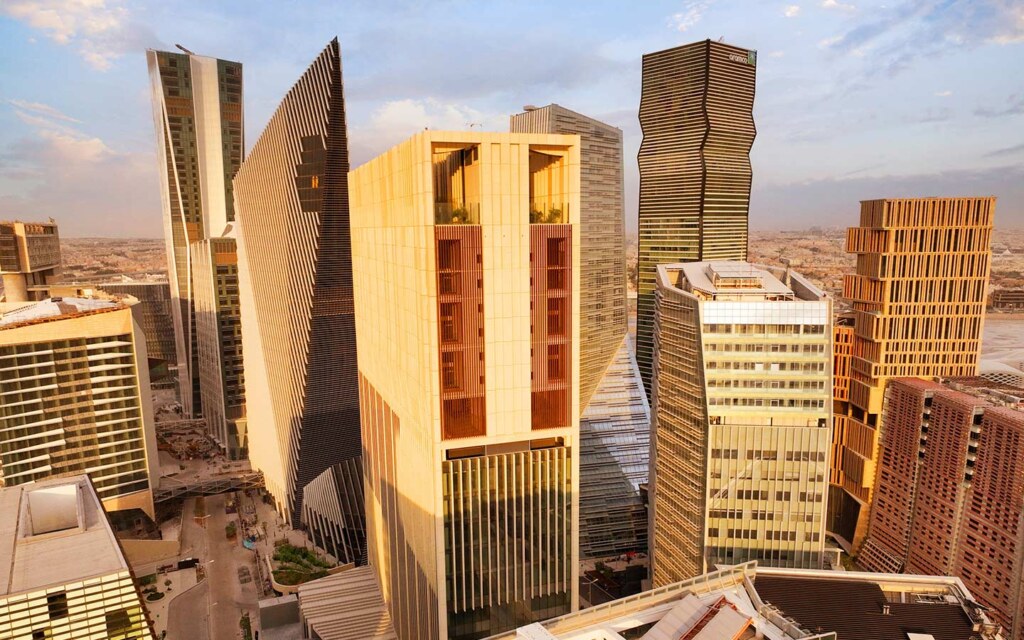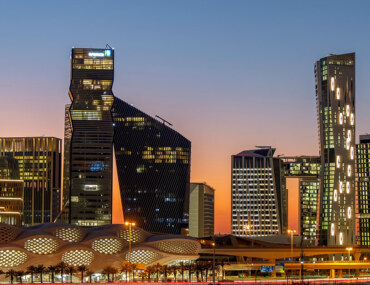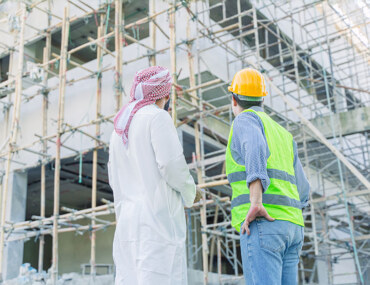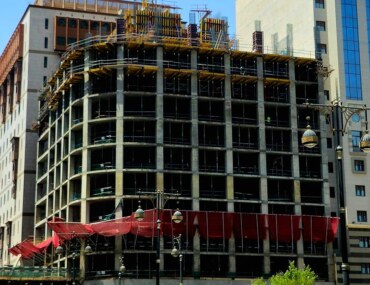Is there a real estate recession in Saudi Arabia ? It’s a question that’s been making investors, developers, and even regular homebuyers nervous. With rapid economic transformation under Saudi Vision 2030, the Kingdom’s real estate sector has grown dramatically in the last few years—but like every market, it’s hitting periods of slowdown and adjustment.
In this article, we’ll explore whether Saudi Arabia is truly facing a real estate recession, what’s causing market shifts, how it affects investors, and what to expect in real estate market trends in Saudi Arabia 2025. Spoiler: it’s not all doom and gloom—there are also big opportunities.

Causes of the Real Estate Recession in Saudi Arabia
Understanding the causes of the real estate recession in Saudi Arabia helps investors make smarter decisions rather than reacting emotionally. Here are the major factors driving the slowdown:
1. Rising Housing Prices
Property prices in major cities like Riyadh, Jeddah, and Dammam increased rapidly between 2020 and 2024, making ownership difficult for many Saudis. According to the General Authority for Statistics, residential prices rose faster than average salaries, causing demand to slow down in some areas.
2. Interest Rate Hikes
With global inflation, SAMA (Saudi Central Bank) followed international trends and raised lending rates. Higher interest means higher mortgage payments—leading many buyers to delay home purchases.
Download Our App
Get the app and search experience among thousands of verified properties now!

3. Oversupply in Certain Property Types
In some regions, there’s an oversupply of luxury apartments and commercial spaces while affordable housing remains limited, causing vacancy rates to increase in certain sectors.
4. Market Regulation Adjustments
Government regulations and better transparency introduced by the Real Estate General Authority (REGA) – https://rega.gov.sa temporarily slowed some development projects as the market adjusted to higher compliance standards.
Impact of the Real Estate Recession in Saudi Arabia
The impact of the real estate recession in Saudi Arabia varies depending on whether you’re a homeowner, investor, or developer.
Group | Impact |
|---|---|
Group Homebuyers | Impact Benefit from price corrections and better negotiation power |
Group Investors | Impact Rental yields stabilizing but capital appreciation is slower |
Group Developers | Impact Slower sales cycles, especially in luxury projects |
Group Tenants | Impact More rental options and competitive prices |
Group Banks | Impact Stricter lending policies |
Even though some call it a real estate recession in Saudi Arabia, others argue it’s more like a market correction—a natural phase that helps restore affordability and balance.
Real Estate Market Trends in Saudi Arabia 2025
So what’s next? Here are real estate market trends in Saudi Arabia 2025 to watch:
Shift Toward Affordable Housing
Government programs like Sakani and initiatives by the Ministry of Municipal and Rural Affairs and Housing aim to support home ownership, especially for young Saudi families.
Growth in Secondary Cities
Cities like Abha, Tabuk, Al Khobar, and Taif are expected to see new demand due to economic diversification and smart city projects.
Rise of Smart and Sustainable Housing
Developers are focusing on green real estate, energy-efficient buildings, and smart home technology in line with Vision 2030 sustainability goals.
Boom in Tourism-Driven Real Estate
Projects like NEOM, The Red Sea, and Qiddiya will create new real estate investment zones driven by tourism, leisure, and business.
Read also: What You Need to Know About Real Estate Broker Commission in Saudi Arabia.

Is This a Crisis or an Opportunity?
While some fear the real estate recession in Saudi Arabia, smart investors see this phase as a chance to buy quality properties at reasonable prices—especially in growing areas with long-term demand.
- Price corrections = better entry points
- More rental demand = higher long-term yields
- Government support = stability and transparency
Conclusion
The real estate recession in Saudi Arabia isn’t a collapse—it’s a market adjustment. While rising interest rates and high prices caused a slowdown, long-term fundamentals remain strong. With Vision 2030 reshaping the country, investors should focus on affordable housing, secondary cities, and sustainable developments.
The smartest strategy? Stay informed, analyze trends carefully, and invest when others hesitate—because opportunity often hides in uncertainty. Read also: Real Estate Recession in Saudi Arabia – What’s Really Happening?.
For more insights on the Saudi real estate market, career opportunities, and industry updates, visit My Bayut Saudi Blog and follow us on social media for the latest trends.









